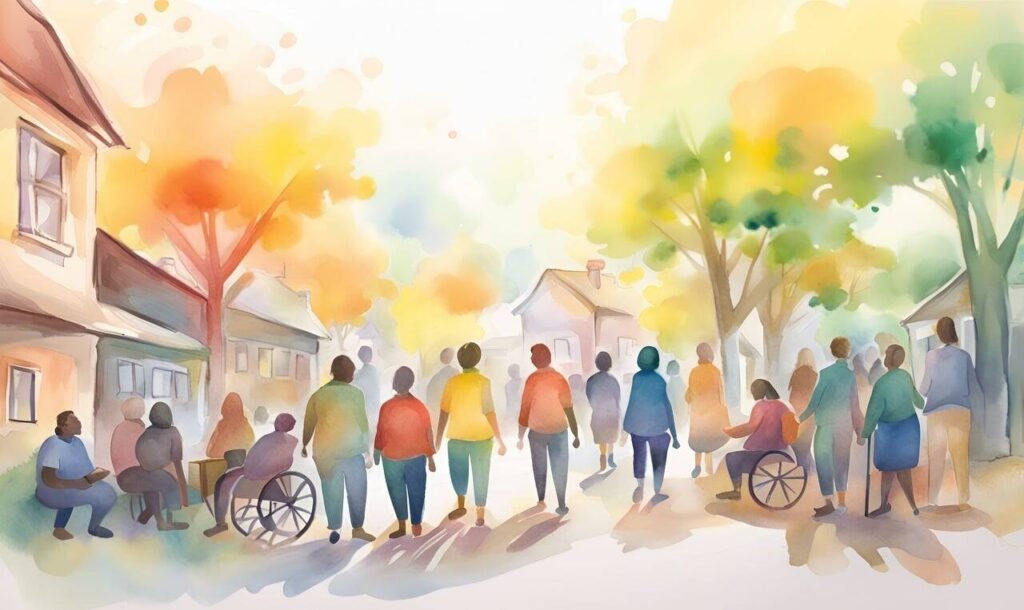Cortina d’Ampezzo at the forefront of promoting respectful behavior and language toward people with disabilities
The Municipality of Cortina d'Ampezzo is positioned at the forefront of promoting truly accessible and inclusive tourism.
Tipologia di contenuto
Manifestazione

The Municipality of Cortina d’Ampezzo is positioning itself at the forefront of promoting truly accessible and inclusive tourism, actively working to ensure a respectful and barrier-free welcome in the run-up to the 2026 Olympics and Paralympics. During the Accessibility table held at the Town Hall, Cortina welcomed and embraced the Village for all (V4A) guidelines, taking a significant step not only towards the Paralympic Games, but also towards a long-term culture of accessibility.
Cortina Destination4All: accessible tourism for all
In collaboration with Village for all (V4A) and thanks to the expertise of Roberto Vitali and Silvia Bonoli, the City of Cortina is developing the “Cortina Destination4All” project, which aims to transform the Alpine town into a destination that is truly open to all, residents and visitors alike, by creating a barrier-free environment. The goal of the project is to ensure that the transformation toward accessibility does not stop with the conclusion of the Olympic event, but continues to offer an inclusive welcome to improve the quality of life for those who live in Cortina year-round.
needs of each person.
Behavior and language: small attentions for great reception
To accompany this cultural transformation, the Veneto Region, with the support of Village for all (V4A), has drafted guidelines to promote respectful and inclusive communication toward people with disabilities. Among the most significant suggestions:
– “Person-first” language: use expressions such as “person with a disability” rather than “disabled” to remind people that disability is only one of the characteristics of a person.
– Ask before helping: offer assistance only after asking, to respect people’s autonomy.
– Respect personal space: wheelchairs, canes and other aids are an integral part of the person and should not be touched without permission.
– Be natural: use common and spontaneous language to create a comfortable and unforced environment.
– Avoid dramatic expressions: avoid terms such as “afflicted” or “victim” and do not emphasize exceptionalism, but recognize the value of people without stereotyping.
These attentions help to create a climate of authentic welcome, in which respect also comes through the words we use. Inclusive language is not only a form of education, but a fundamental tool for building a culture of welcome.
Roberta Alverà, Deputy Mayor and Councillor for Tourism, who is pursuing this project with great tenacity, said, “We firmly believe that accessibility is not just a technical requirement, but a real cultural revolution that affects our entire community. Our commitment is to make Cortina an example of inclusive hospitality for all.”
Toward a new culture of welcoming
Being prepared to accommodate people with special needs is not only an added value for the community, but is a competitive advantage that creates new economic and social opportunities. Roberto Vitali says, “Disability does not go on vacation: it is the people who travel and bring value.” Accessible tourism, in fact, not only improves the visitor experience but also enhances the entire community, positioning Cortina as an inclusive and cutting-edge destination. Cortina d’Ampezzo is ready to take up this challenge and become an example of excellence in universal hospitality, with a project that looks to the future and focuses on people, their needs and mutual respect.